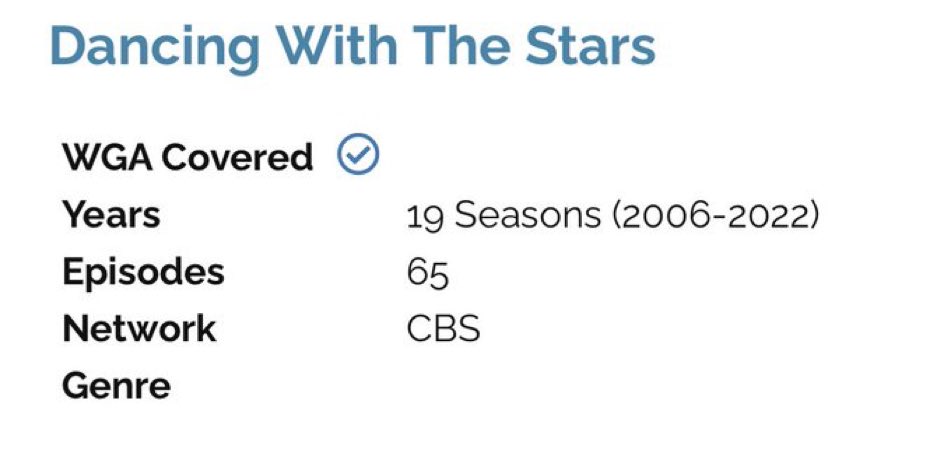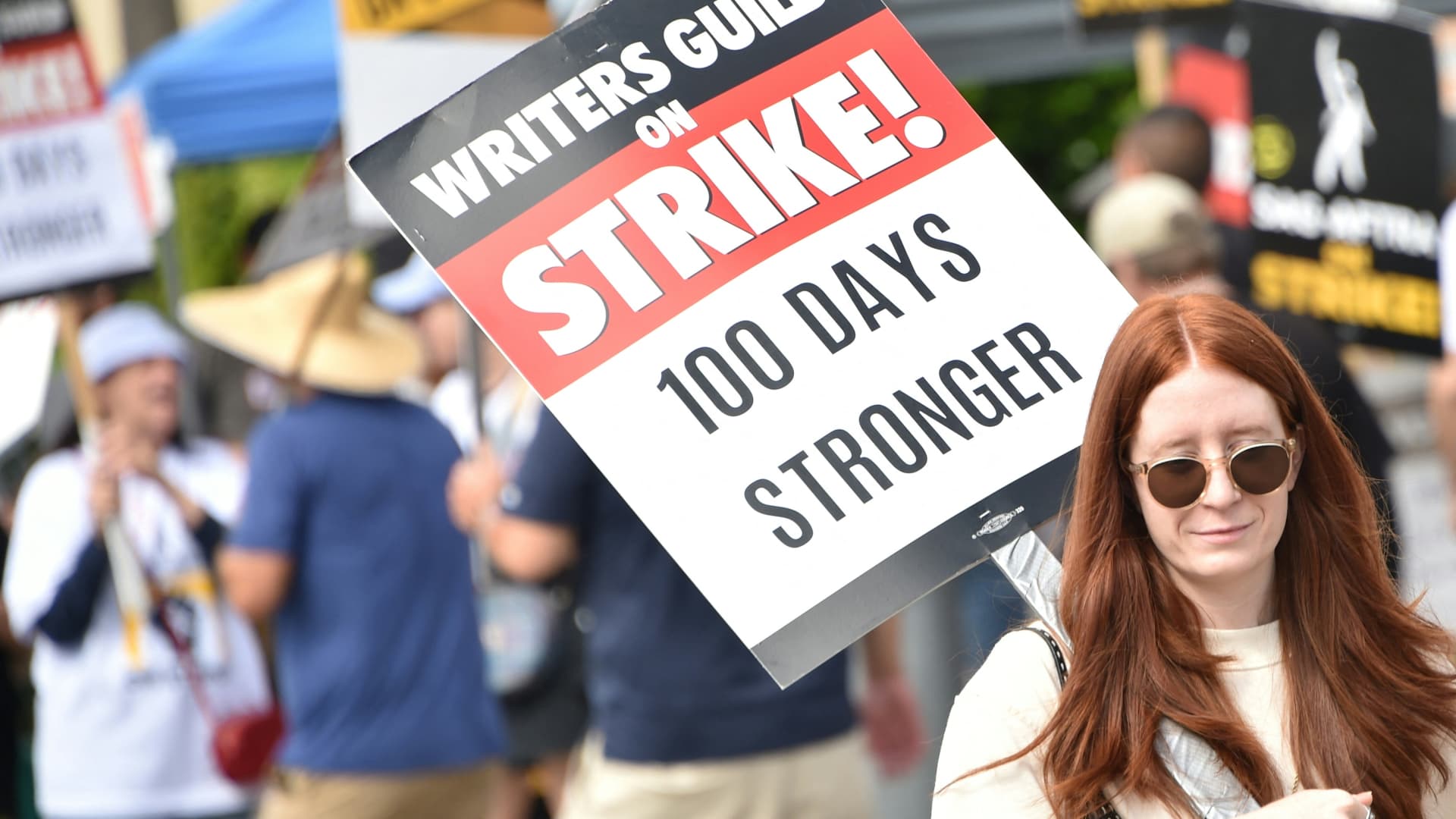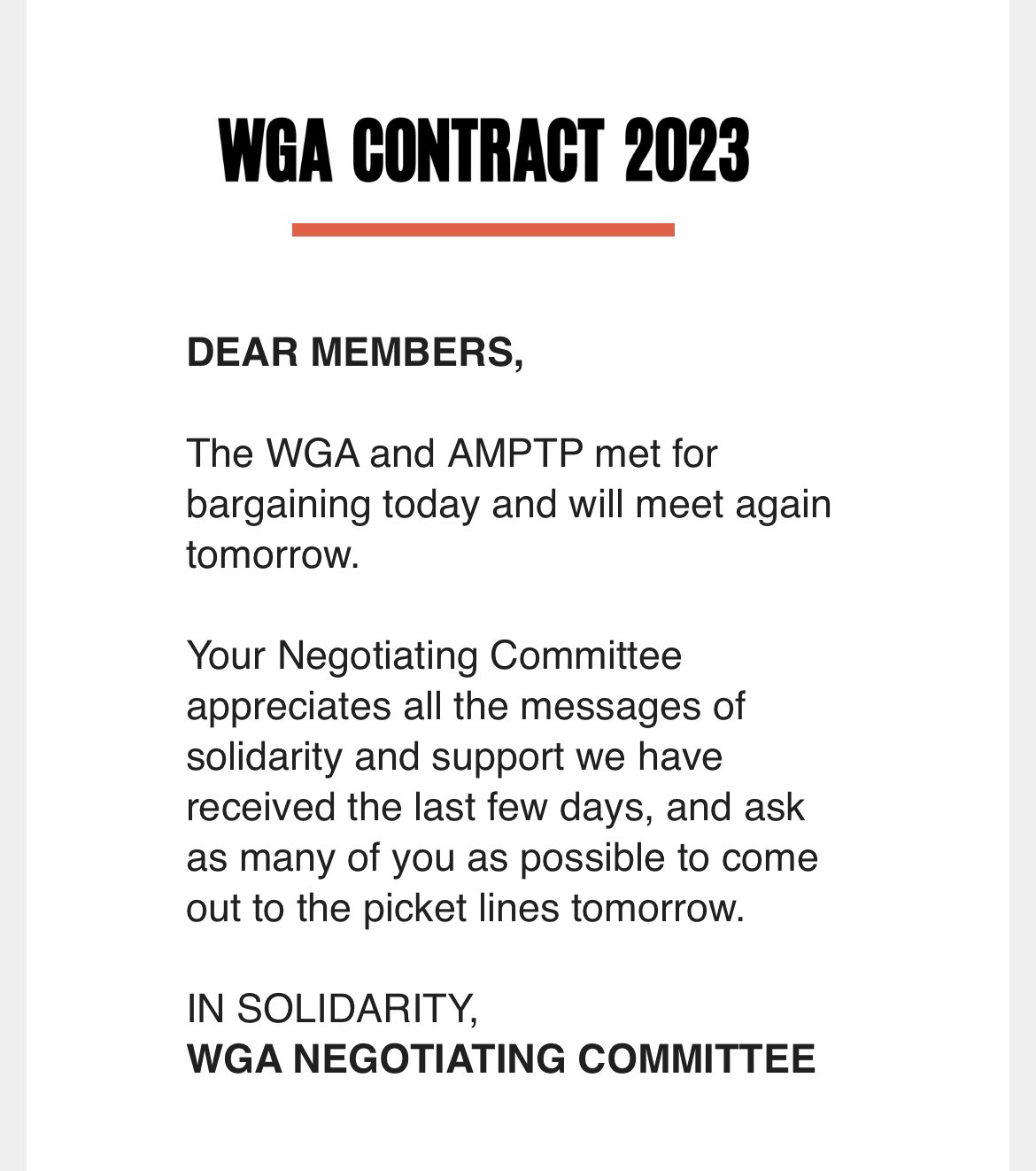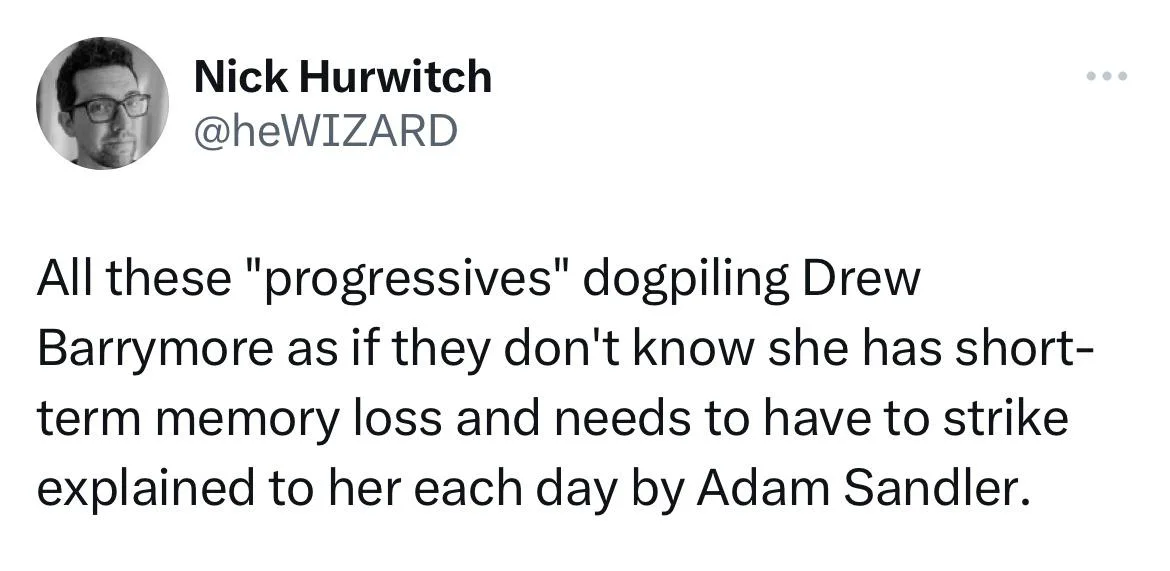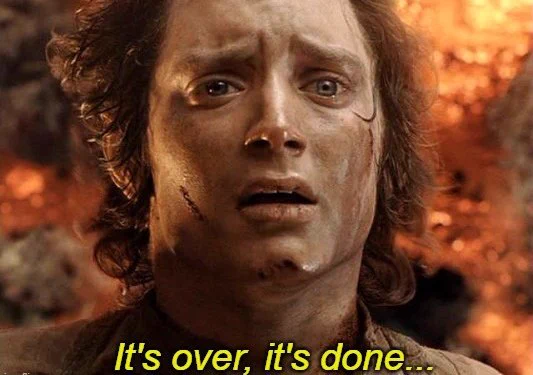The scope of roles involved in industrial action will be based on the nature of the union itself, and how many different jobs it covers.
Over here in the UK, the RMT are exercising their right to strike: while it's referred to as a train drivers strike, the RMT is the Rail, Maritime & Transport Workers union: therefore a ballot of members won't just cover train drivers, but a whole host of people working different jobs in the rail industry.
The specifics of who is or isn't a scab in this case will depend on who the industrial action is specifically covering (as the RMT industrial action is also covering ticket office staff redundancies as well as train driver demands). Similarly, Unite (the union I'm a member of) covers general white collar workers, so has millions of members with different jobs and careers: call centre staff, admin staff, IT workers, etc etc. Any strike action from these unions can cover lots of different roles. Though with Unite at least, strike action will usually be localised to affected offices or employers rather than being a nationwide thing.
By comparison, the WGA and Sag-Aftra are both pretty much single - role unions: you're in those unions because you're a writer or an actor. Any ballots taken would have been for writers or actors to respond, not the grips, camera crews, or some team.
At the end of the day, if you're actively making a choice to ignore a ballot from your union, not go to the picket line with your colleagues in your profession, and instead going to work to directly undermine their efforts, you're a scab.
If you're sympathetic to the cause but work in a separate field, were never balloted and aren't a member of the affected union (or don't work in an area covered by that union), then you're not a scab for still going to get your paycheck. That being said,
solidarity among workers is crucial to the labour movement, so your solidarity is always appreciated.
There's a reason the WGA strike was a catalyst in getting the WGA to also go on strike.


